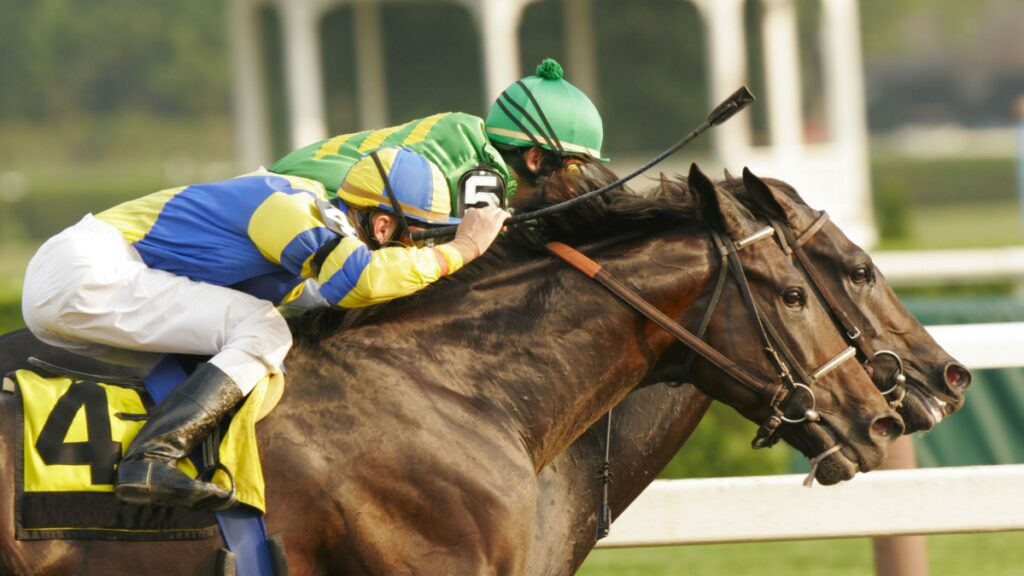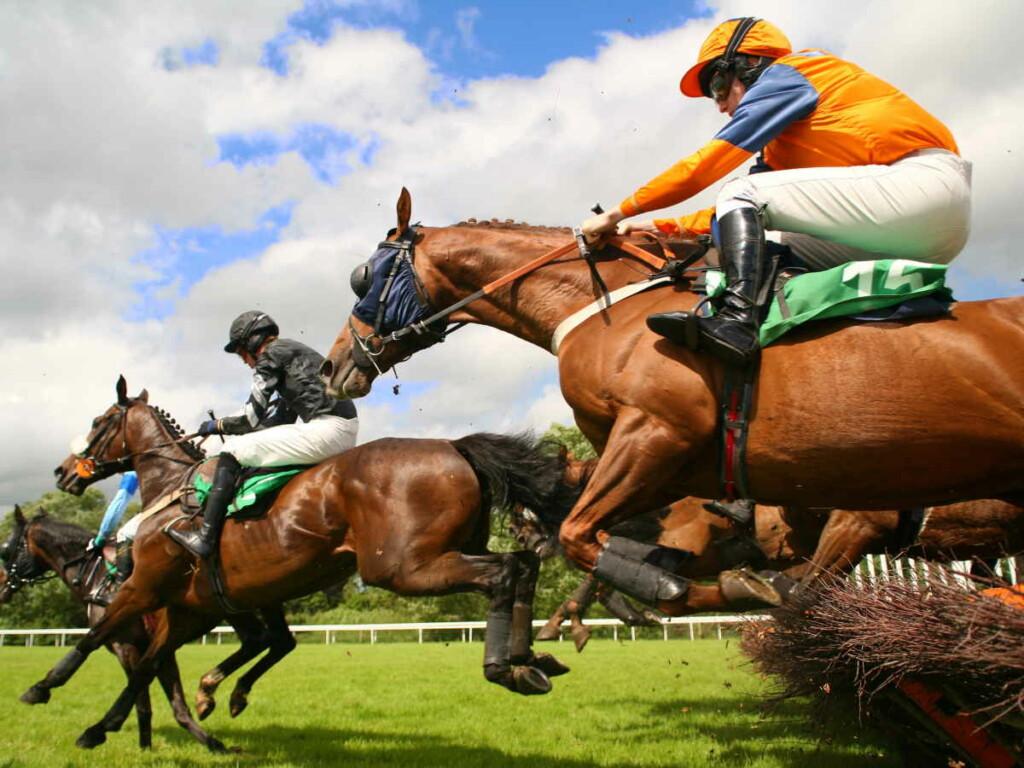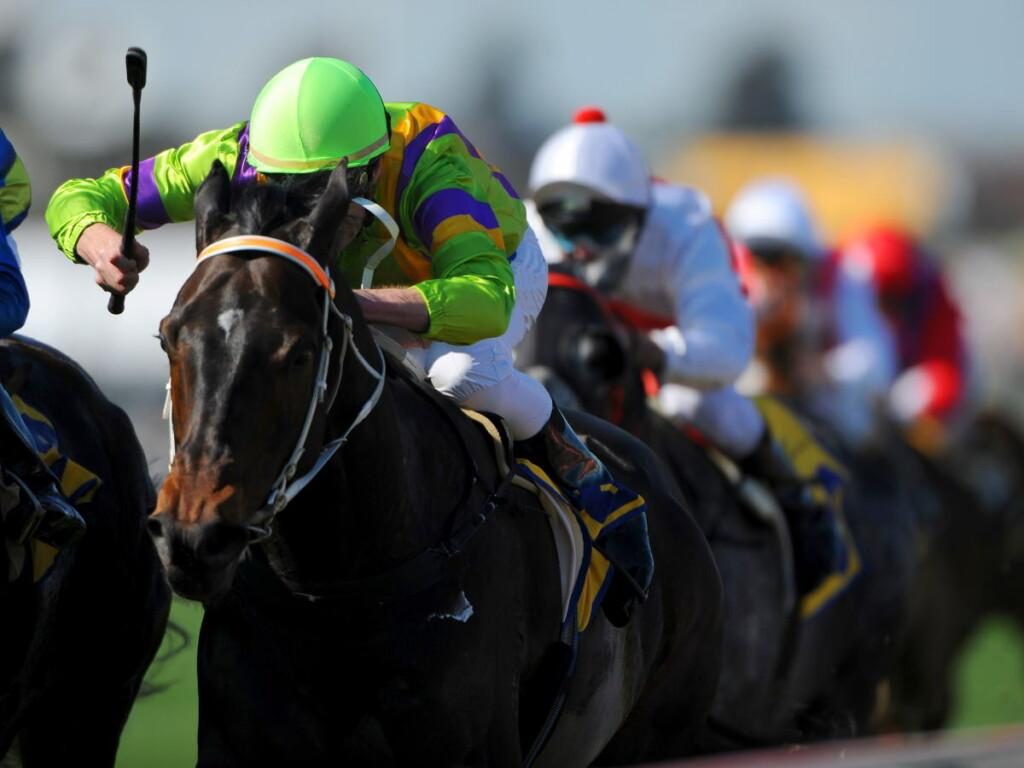Held every four years, the Rugby World Cup is the key showpiece for rugby union. It’s considered the third most popular international sports event in the world. It’s also a highlight for all rugby lovers who enjoy sports betting.
So what’s the best way to make a profit from rugby union betting? Join us as we consider some of the trends and markets to focus on during the Rugby World Cup.
It’s all about hierarchy
Rugby union is easily the most predictable international sport, with match outcomes closely reflecting the international rankings of teams.
Big upsets do happen – France’s victories over New Zealand in 1999 and 2007 come to mind. However, these attract media attention specifically because they’re so rare. In practice, you’ll find that the higher-ranked team is significantly more likely to win any given match.
The higher the ranking of the favourite and the bigger the gap in rankings between two matched teams, the more likely the higher-ranked team is to win.
Certain markets allow you to capitalise on this predictability:
- match winner markets: simply backing the higher-ranked team in any given match will produce a winning bet more often than not. However, odds on the dominant team aren’t going to be generous, particularly if there’s a big gap between the two teams. This means you’ll need to place a wide selection of bets to make a decent profit.
- group winner markets: with top sides thinly spread across the various groups in the first stage of the tournament, it’s not all that difficult predicting which team will emerge as the leader within each group.
- match handicap markets: when there’s a really big gulf between two sides (say New Zealand vs Georgia), you’re likely to get the best value out of the match handicap markets. Just make sure you keep an eye on the weather forecast for the match – rain is likely to keep the winning team’s score down even if it doesn’t affect the match result.
- tournament winner markets: over the course of its history, the Rugby World Cup has been won by just four of the 25 teams that have competed in the event – England, New Zealand, South Africa and Australia. These teams remain top contenders in the event. Also add France as a realistic candidate, based on their appearance in three finals. Team form ahead of the tournament should allow you to narrow down this pool to two or three teams, providing a solid chance of an accurate winner prediction.
Using accumulator bets
Isolated bets don’t offer the best way of cashing in on the predictability of encounters in the Rugby World Cup. This is because you’re unlikely to find highly favourable odds for bets on predictable outcomes.
The best way to make use of the predictability of outcomes is therefore to string together accumulator bets.
Here are a few options for doing this:
- mismatch accumulators: the Rugby World Cup typically features a dozen or so gross mismatches between top-ranked teams and largely amateur sides from smaller rugby playing nations. Although the minnows have put in some impressive performances on a couple of occasions in World Cup history, they have yet to produce dramatic wins.String together win bets for seven or eight of these matches in an accumulator, and you’ll find yourself getting decent odds if your accumulator pays out.When placing these bets, consider a top team to be any side competing in either the Six Nations or the Rugby Championship.Consider a minnow to be any largely amateur team, excluding sides from the South Pacific (Samoa, Tonga and Fiji). Examples include the USA, Canada, Romania, Georgia, Spain, Uruguay and Russia.
- group stage winner accumulators: if you really want to bump up the odds on a Rugby World Cup accumulator, consider combining predictions for group winners in a single bet.There are a couple of ways to go about this. You can predict the winner only in those groups that have a dominant team, or you can take a risk and try predicting the winners of all groups with a single bet.Because accumulator bets produce good profits off small stakes, don’t be shy about placing three or four group winner accumulators, to cover different outcomes at the group stage. If just one of these wins, you’ll still make a healthy profit.
Winning margin betting
Winning margin markets are unique to rugby betting, and provide some of the best opportunities for making a profit from bets on closer matches, in which team rankings are less likely to affect the final outcome.

For example, take a match between England and Australia, where Australia is the 4/5 favourite and England is 6/4 to win the match. Statistically, history suggests that Australia will win the encounter, but there’s a reasonable possibility that England could win instead.
The match odds reflect how close this match will be, making a regular match bet a risky option.
In a case like this, winning margin markets provide much better odds than match markets and they let you cover both possible outcomes.
For example, the winning margin markets might offer odds of 2/1 on Australia winning the match by 1-10 points. Meanwhile, you can get odds of England winning the match by 1-5 points at a price of 4/1.
If you bet on both markets with the same stake, you effectively place a single bet that will pay out a profit no matter which team wins the match – so long as the difference in final scores falls within the relevant 15-point margin.
For example, say you bet £1 on a 1-10 point win by Australia and £1 on a 1-5 point win by England.
You’ll make a profit of £4 if England wins and a profit of £1 if Australia wins.
When considering a winning margin bet, keep an eye on the weather. If rain is forecast, this type of bet becomes an even better option. Rainy weather will reliably decrease the winning margin in a rugby match because a wet ball and field make it much harder to score tries.
Markets to stay away from
The markets and betting options discussed provide you with a simple way of making a profit from your bets on the Rugby World Cup.
In addition, you should be aware of markets in which your bets are unlikely to be successful, even if they might tempt you to test your rugby knowledge.
We recommend avoiding the following markets:
- top tournament tryscorer: selecting the top tryscorer is much more difficult than it sounds. You might be tempted to pick one of the superstar backline players at the tournament. However, other factors are often more important than form or reputation. The number of tries scored will depend on selection decisions by the team more than on anything else.A top player picked to play against a minnow has a good chance of increasing his try count, but could just as easily be kept on the bench to avoid risking injury against a lower-ranked team. This could mean that a second-string backline player is the one who runs out onto the park and scores a hat trick.
- first/last tryscorer: tryscorer bets are equally tricky, particularly if no anytime tryscorer option is available. Even the best players are unlikely to score at an average of over a try a game, and the chances of these players putting the first try on the board are much lower than the odds are likely to reflect. Anytime tryscorer bets are a much better option, particularly when an in-form backline player is fielded against a lower-ranked side.
Visit William Hill now for the widest selection of rugby betting markets

















